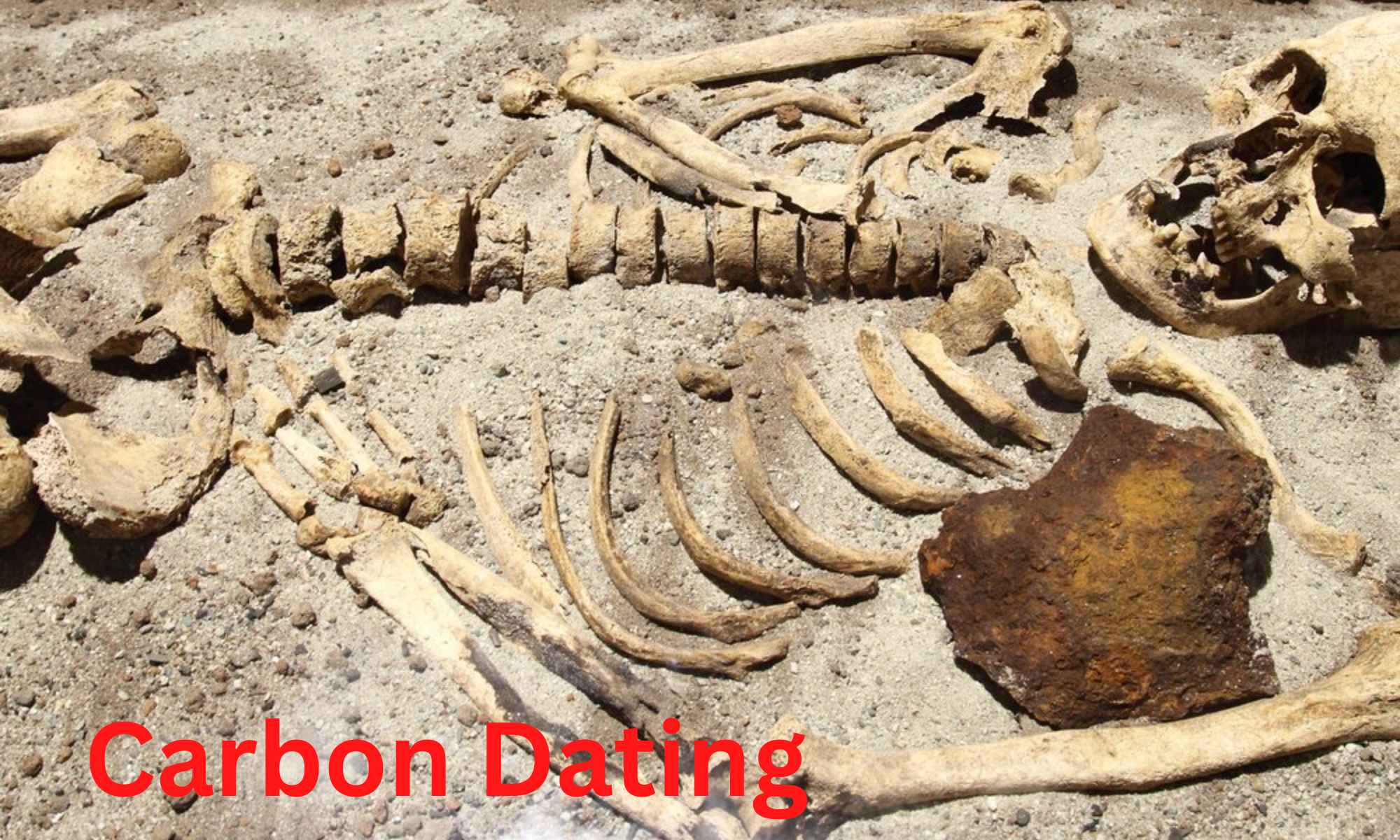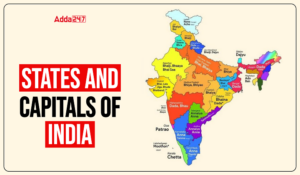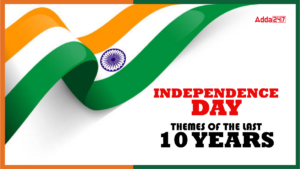Varanasi Court refuses the Use of Carbon Dating in Gyanvapi Mosque: The Varanasi district judge rejected the demand of four Hindu women plaintiffs seeking carbon dating and scientific investigation of the structure, citing the Supreme Court order to protect the location where a supposedly discovered “shivling” in the ablution pond of the Gyanvapi compound during the survey of the court commissioner.
The Varanasi district judge on Friday rejected the claim of four Hindu women plaintiffs seeking carbon dating and scientific investigation of the structure, citing the Supreme Court order to protect the location where a supposedly discovered “shivling” in the ablution pond of the Gyanvapi compound during the survey of the court commissioner.
Let us See what Carbon Dating is and How it works?
What is Carbon Dating?
Using the characteristics of radiocarbon, a radioactive isotope of carbon, to date an object made of organic material is known as radiocarbon dating (also known as carbon dating or carbon-14 dating). Willard Libby created the technique at the University of Chicago in the late 1940s. Carbon Dating is based on the observation that cosmic rays and atmospheric nitrogen combine to continuously produce radiocarbon (14C) in the Earth’s atmosphere.
How does Carbon Dating Work?
Beta-counting instruments, which calculated the quantity of beta radiation released by 14C atoms decaying in a sample, were first used to measure radiocarbon. Accelerator mass spectrometry, which counts all 14C atoms in a sample rather than just the few that happen to decay during measurements, has recently emerged as the preferred technique for Carbon Dating. Carbon Dating can be used with much smaller samples, even as small as individual plant seeds, and it produces results much more quickly.
Uses of Carbon Dating
Following are the uses of Carbon Dating:
- The invention of radiocarbon dating or Carbon Dating has significantly changed archaeology.
- In addition to allowing comparison of dates of events over vast distances, Carbon Dating enables more accurate dating inside archaeological sites than prior techniques.
- Carbon Dating’s effects are sometimes referred to as the “radiocarbon revolution” in archaeological history.
- The end of the last ice age and the start of the Neolithic and Bronze Ages in various parts of the world can all be dated thanks to radiocarbon dating or Carbon Dating.




 States and Capitals - How Many States in...
States and Capitals - How Many States in...
 How Many Prime Ministers Give Speeches o...
How Many Prime Ministers Give Speeches o...
 Independence Day Themes of the Last 10 Y...
Independence Day Themes of the Last 10 Y...

